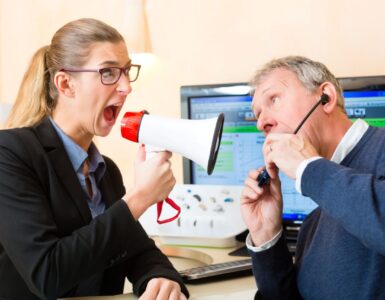At first, COPD may cause no symptoms or only mild symptoms. As the disease gets worse, symptoms usually become more severe. Common and of COPD incluade:
- An ongoing cough or a cough that produces a lot of mucus; this is often called smoker’s cough.
- Shortness of breath, especially with physical activity
- Wheezing or a whistling or squeaky sound when you breathe
- Chest tightness
If you have COPD, you also may often have colds or other respiratory infections such as the flu, or influenza.
Not everyone who has the symptoms described above has COPD. Likewise, not everyone who has COPD has these symptoms. Some of the symptoms of COPD are similar to the symptoms of other diseases and conditions. Your doctor can determine if you have COPD.
If your symptoms are mild, you may not notice them, or you may adjust your lifestyle to make breathing easier. For example, you may take the elevator instead of the stairs.
Over time, symptoms may become severe enough to cause you to see a doctor. For example, you may become short of breath during physical exertion.
The severity of your symptoms will depend on how much lung damage you have. If you keep smoking, the damage will occur faster than if you stop smoking.
Severe COPD can cause other symptoms, such as swelling in your ankles, feet, or legs; weight loss; and lower muscle endurance.
Some severe symptoms may require treatment in a hospital. You—or, if you are unable, family members or friends—should seek emergency care if you are experiencing the following:
- You are having a hard time catching your breath or talking.
- Your lips or fingernails turn blue or gray, a sign of a low oxygen level in your blood.
- People around you notice that you are not mentally alert.
- Your heartbeat is very fast.
- The recommended treatment for symptoms that are getting worse is not working.
Article courtesy, https://www.nhlbi.nih.gov/health-topics/copd



